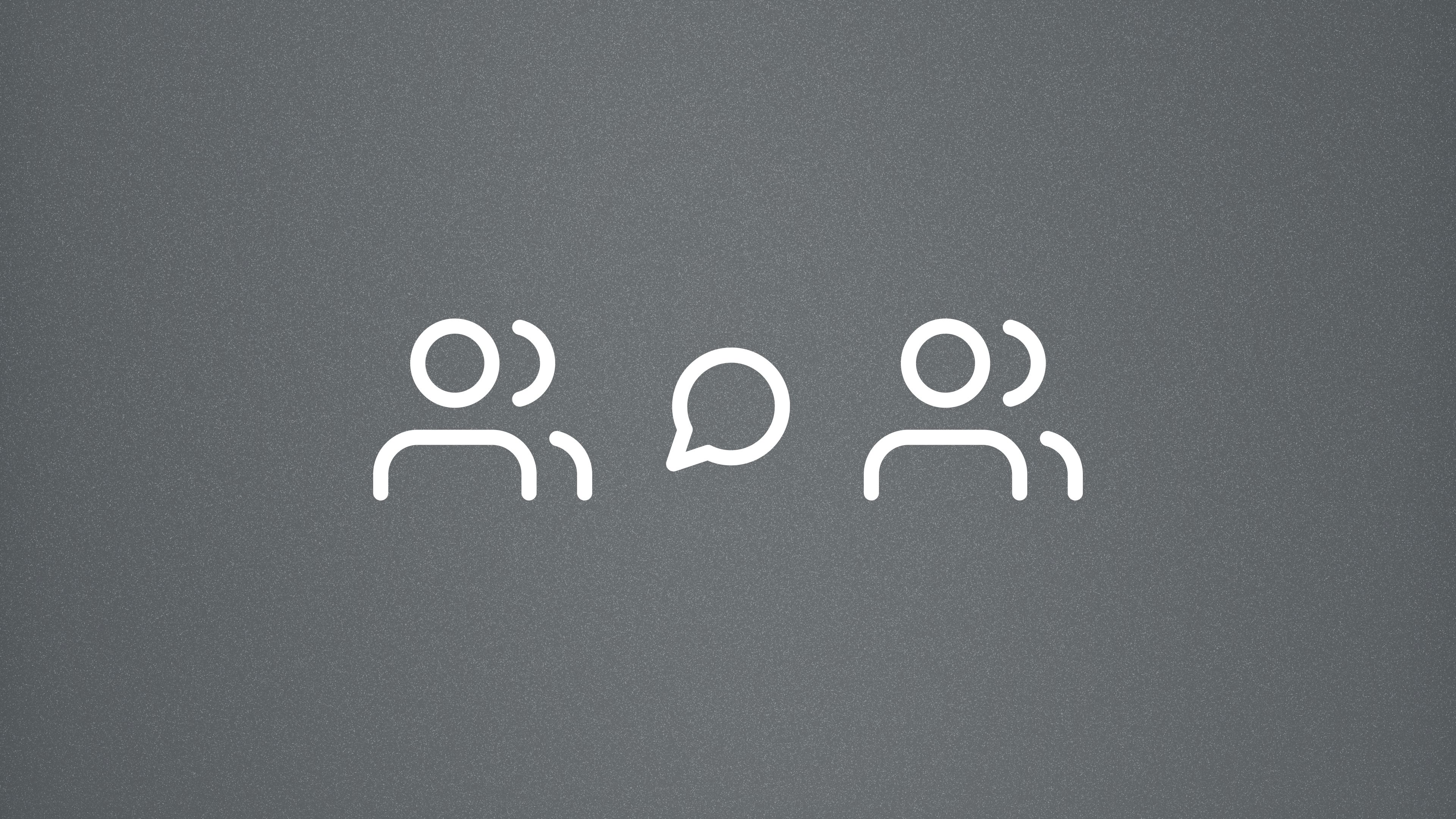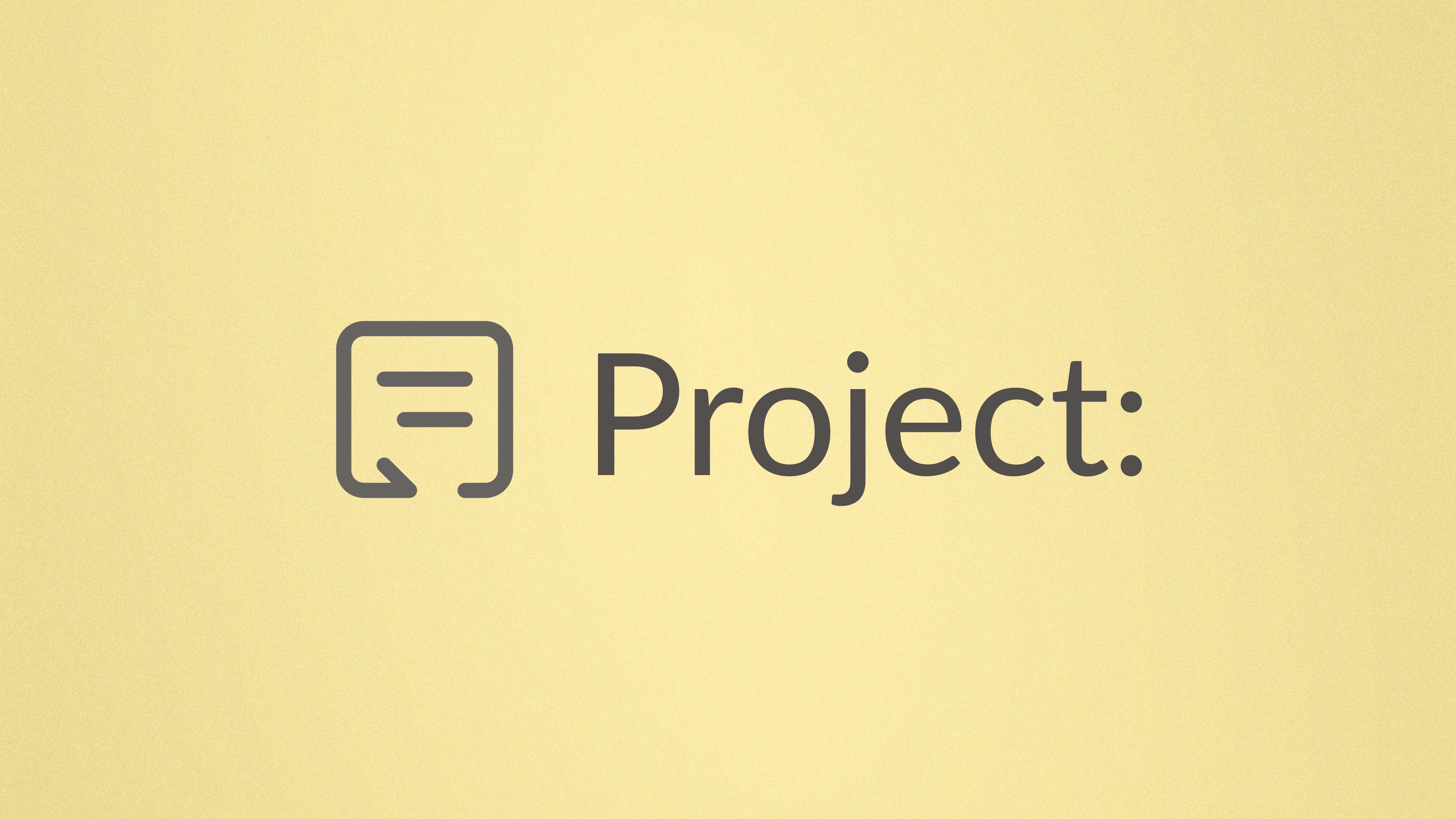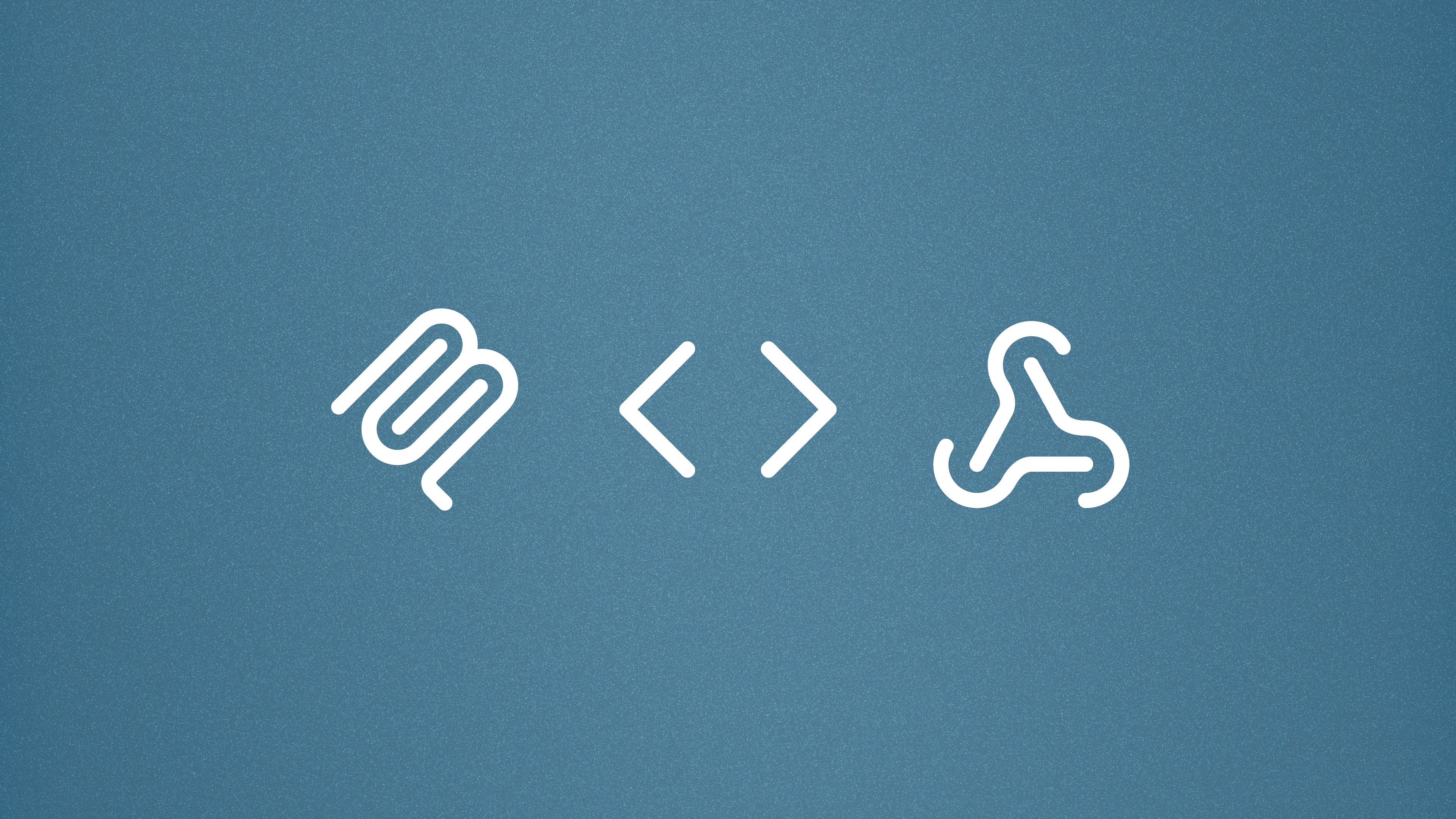Why Some Communities Choose a Work Chat App Over Discord
From vibe-coding sessions to writing cohorts, work-adjacent communities are finding that Glue offers better structure, searchability, and pricing than typical platforms.

More people are collaborating online in ways that don't fit into traditional categories. These aren't workplaces with org charts or standard working hours, but they aren't social clubs either. They're communities built around shared goals and structured collaboration.
Examples of this are vibe-coding sessions where developers build projects together, writing cohorts where participants publish daily and share feedback, and startup groups where founders share resources and problem-solve together.
These communities share artifacts like updates, code, and docs. They need to reference past conversations weeks or months later. And they operate asynchronously across different time zones and schedules.
Why existing platforms fall short
Most collaboration tools weren't built for these kinds of communities:
Discord works well for real-time gaming and casual hangouts, but finding specific information later means scrolling through thousands of messages across multiple channels. The platform prioritizes live conversation over searchable archives.
Slack communities charge per member and hit workspace limits quickly, making them expensive when most participants aren't organizers. The real-time nature also creates pressure for constant availability that doesn't match how these communities actually operate.
Traditional forums offer better search and organization, but lack the conversational flow and modern interface that make collaboration feel natural.
These work-adjacent communities need threaded conversations that stay organized, search that makes context easy to find, and flexible pricing that doesn't limit growth.
Glue is team chat...for non-teams too
Glue was built for teams at work. The platform's goal-oriented threads and powerful AI capabilities are designed around how modern teams collaborate.
But some work-adjacent groups are finding that Glue's team-focused features help them collaborate more effectively. For these users, Glue offers a focused, organized space to talk, share information, and make decisions.
Why it works
These communities share a few characteristics and common goals:
They value structured, searchable discussion. Conversations aren't just chatter, they contain valuable advice, feedback, and resources. Being able to access historical context through search and Glue AI means that chat is a rich archive, not a dumping ground.
They operate like a team, not a crowd. These groups have regular touchpoints or ongoing projects that require collaboration. Threaded conversations keep members organized, whether they're interacting async or in real-time.
They want simplicity and flexibility. Glue doesn't have complex role hierarchies or sprawling channels. And workspaces have unlimited external users, so adjusting the group size or including temporary members doesn't add complexity or expense.
Real-life communities on Glue
Here are some examples of how people are using Glue outside of work:
- Hackathons: Glue makes it easy to organize and run events like hackathons. Hosts can post announcements across groups and participants can use threads to organize project work, share code snippets, and get feedback.
- Professional organizations: A group of professionals in the same industry have formed a Glue workspace to share resources, get advice, and collaborate on solutions. They appreciate being able to search past threads and keep strategic conversations separate from quick updates — no more digging through messy channels.
- Creator cohorts: An invite-only community of content creators meet regularly to share insights and keep each other accountable. Glue AI helps them stay organized with priority lists and MCP integrations to their favorite design tools.
How to get started
Your group can get started on Glue for free today. Our Startup plan is free for the first five users, allows for one admin, and lets you add unlimited external users.
This means your members can participate and collaborate in your community without counting against your seat limit.
For small, purposeful communities or those with regular public events, this pricing model offers more flexibility than typical per-user platforms
Let's work together
If you're running a small, purposeful community that feels more like a distributed team than a social network, and you're curious whether Glue might work for you, we'd love to chat.
Though Glue is primarily focused on workplace collaboration, we're interested in learning from communities using the platform in creative ways. If you want to explore whether it's a fit, schedule a 1:1 demo. We'd be happy to work with you on a limited offer to get started.
Latest Posts

How To Kick Off a Project Successfully
Effective kickoffs prevent months of confusion. Here's how to organize your team, preserve context, and keep everyone aligned throughout your entire project.

Your Complete Guide to Glue Integrations
Glue offers five ways to connect your tools: one-click MCP, custom MCP, native apps, webhooks, and API access. Start integrating from day one and scale as your team grows.